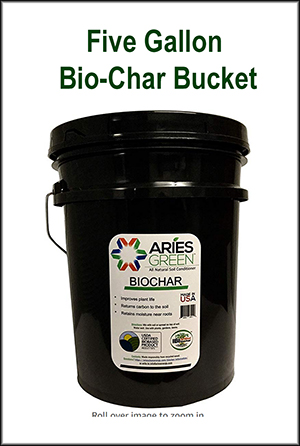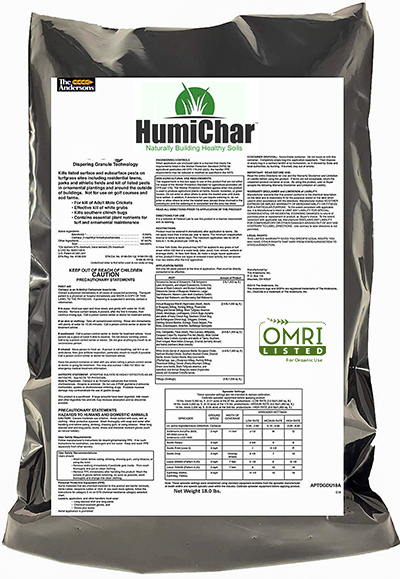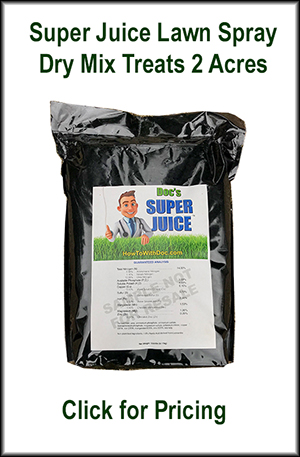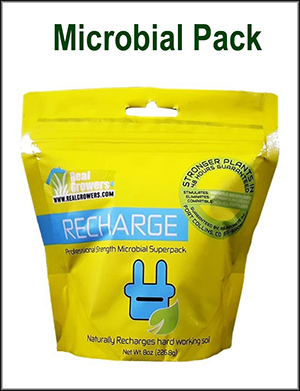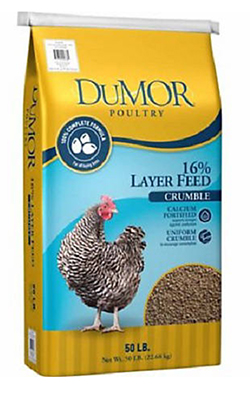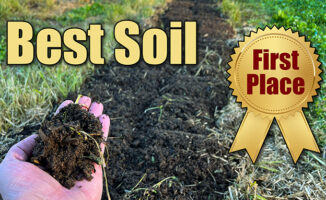Making Great Garden Soil
The best garden soil for Flower and vegetable gardens require healthy, rich soils to produce great flowers and crops. However, just fertilizing is not enough. You must create a TOTAL CULTURE in the soil that keeps producing what the plants want. This includes… BIOCHAR – ORGANIC MATTER – NUTRIENTS – COMPOST . In this video Doc walks you through the process.
Making Garden Soil Video
Garden BIOCHAR
This is more “chunky” soil biochar. Not for use on lawns.
HUMICHAR can be used on lawns soil or garden soils.
HOWEVER it may not be available for several weeks.
SUPER JUICE Spray Mix
MICROBIAL PACK for garden soils.
Cheap Organic Material
FOLLOW INSTRUCTIONS TO GET EXACT PRODUCT
#1 Click the bag below…
#2 In the product search box enter SKU → 507818999
#3 Add to your cart and buy for pickup at your location. This will HOLD the product for you since you PAID for it.
Free Bermuda Lawn Guide.
Click the book to see the free Bermuda lawn guide.
Healthy Garden Soil
Topsoil is rich in soil organic matter – dark spongy material formed from decomposed plant and animal tissue. Soil organic matter is critically important: It helps soils hold onto water and nutrients and supports soil microbes that recycle nutrients. Loss of soil organic matter has made many farms increasingly reliant on fertilizers, pesticides and herbicides.
Soil organic matter
the product of on-site biological decomposition – affects the chemical and physical properties of the soil and its overall health. Its composition and breakdown rate affect: the soil structure and porosity; the water infiltration rate and moisture holding capacity of soils; the diversity and biological activity of soil organisms; and plant nutrient availability.
Many common agricultural practices, especially ploughing, disc-tillage and vegetation burning, accelerate the decomposition of soil organic matter and leave the soil susceptible to wind and water erosion. However, there are alternative management practices that enhance soil health and allow sustained agricultural productivity.
Conservation agriculture encompasses a range of such good practices through combining no tillage or minimum tillage with a protective crop cover and crop rotations. It maintains surface residues, roots and soil organic matter, helps control weeds, and enhances soil aggregation and intact large pores, in turn allowing water infiltration and reducing runoff and erosion.
In addition to making plant nutrients available, the diverse soil organisms that thrive in such conditions contribute to pest control and other vital ecological processes. Through combining pasture and fodder species and manuring with food and fibre crop production, mixed crop-livestock systems also enhance soil organic matter and soil health.


